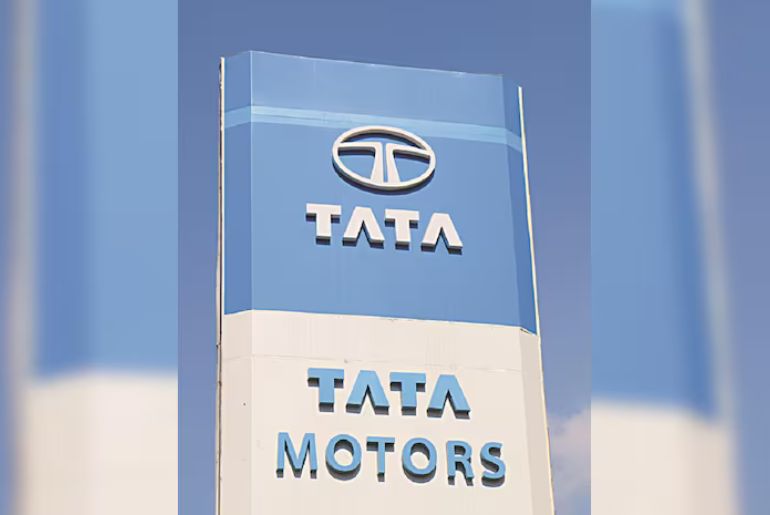According to Tata Sons chairman N Chandrasekaran, the company intends to harness the “cost attitude” and sophistication of the brands to find a “sweet spot” by producing electric cars (EV) in India for international markets through Tata Motors and Jaguar Land Rover (JLR).
In an interview published recently on the ‘Autocar’ website, he stated that Tata Motors and JLR had been exploring synergies for years and had finalized plans to produce EVs in India.
According to Chandrasekaran, JLR’s electrified modular architecture (EMA) platform will be available in India in two variants, one from each of the two manufacturers. “JLR automobiles will also be exported from Sanand, Gujarat.”
Chandrasekaran stated that the two businesses had “bigger aspirations” and that Tata Motors will discuss its exports in a year, without providing any further information.
The first vehicle built on the EMA platform is probably going to be produced in Sanand, where Tata Motors just purchased the former Ford Motors plant. The Avinya automobile is anticipated to be produced for international markets in addition to India.
JLR has established a plan for electrification and operates factories in China, Europe, and the United Kingdom (UK). According to Tata Motors’ FY24 annual report, the corporation is transitioning to an electric-first business model, with all of its brands offering fully electric choices by 2030. The new EMA and Jaguar Electrified Architecture will be introduced starting in 2025. Globally, the company’s operations will be rearranged: Solihull will produce electric Jaguars first, and Merseyside, UK, will become the first all-electric production center. By 2030, JLR’s Nitra, Slovakia, facility will be modernized to manufacture electric cars.
JLR is collaborating with suppliers and partners to cut emissions by 46% inside its own operations and 54% per car over its whole fleet.

